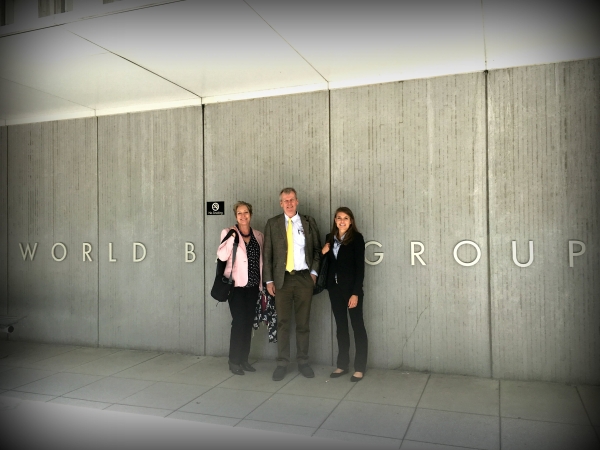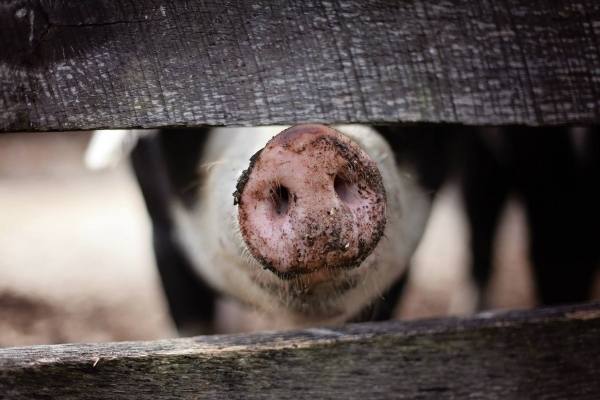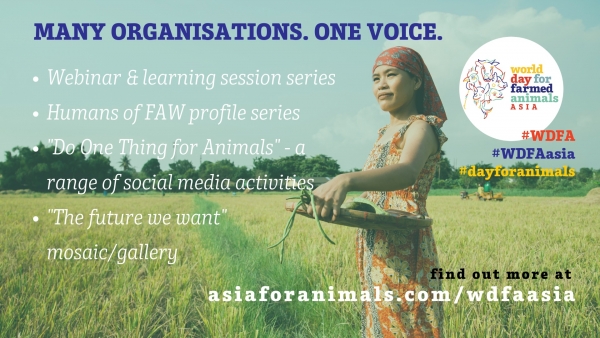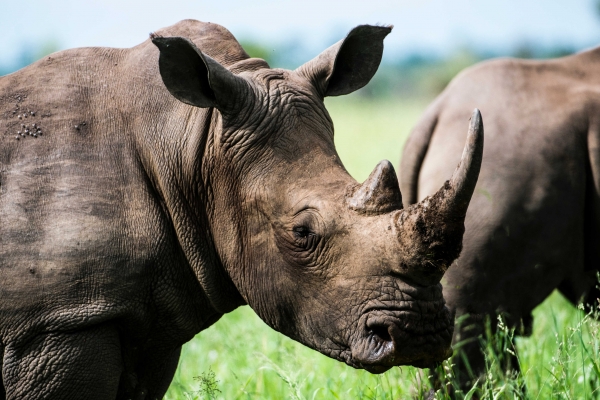| Headquarters: |
Brussels, Belgium
|
|
|
| Website: | http://europa.eu/ | ||
| Description: |
The European Union (EU) is a political and economic partnership between 28 countries [soon to be 27] that cover most of the European continent. |
||
| Summary: |
The EU was created in the aftermath of the Second World War. The first steps were to foster economic cooperation. The idea was that countries that trade with one another become economically interdependent and, therefore, more likely to avoid conflict. The result was the European Economic Community (EEC), which was created in 1958 and initially increased economic cooperation between six countries: Belgium, Germany, France, Italy, Luxembourg and the Netherlands. Since then, a huge single market has been created and continues to develop. What began as a purely economic union has evolved into an organization spanning policy areas, from climate, agriculture (including animal welfare), food safety, environment and health to external relations and security, justice and migration. A name change from the European Economic Community (EEC) to the European Union (EU) in 1993 reflected this evolution. The EU is based on the rule of law: everything it does is founded on treaties, voluntarily and democratically agreed by its member countries. The Commission's Directorate-General for International Cooperation and Development (DG DEVCO) is responsible for designing European international cooperation and development policy and delivering aid throughout the world. The EU combines different types of support to countries in need. It provides funding in the form of grants to support projects and organizations, furthering its development objectives. It also offers public contracts and provides budget and sector support. Over half of all development aid comes from the EU and its member countries, making them collectively the world's largest donor. The EU also fosters coordination between the EU and its Member States in the area of development cooperation. EU development work covers sectors such as: human rights and governance; food and agriculture; economic growth; human development; environment and energy; and migration and asylum. |
||
| Organization Type: | Regional Economic and Political Union | ||
| Issue areas covered: |
The EU is the most progressive Regional Economic Community (REC) in terms of including animal welfare in its policy work. It has recognized animals as sentient beings in an amendment to its founding treaty; legislated to improve animal welfare standards across the REC; and raised the profile and awareness of animal welfare at an international level – including through its collaboration with intergovernmental organizations, such as the OIE and FAO; training and capacity building activities (including “Better Training for Safer Food,” which includes aspects of animal welfare); and bilateral contacts (for example, including animal welfare in trade agreements with third countries). The European Commission set out its approach to animal welfare in an address to the Eurogroup for Animals in June 2016. They stated that most European member states do not want new legislation. European citizens are highly supportive of animal welfare, and feel a need for consistency of approach at domestic and international levels. The Commission is currently carrying out a study on international activities on animal welfare in order to determine its future actions in that field. The Commission is looking for collaborative solutions to the promotion of animal welfare standards internationally, together with other stakeholders/industry. One Member State has already suggested new possible ways to promote animal welfare internationally through closer cooperation of banking institutions. In particular, they suggest raising awareness among these institutions to ensure that loans and subsidies for the food sectors in developing countries are in line with EU animal welfare standards. There are also plans to prioritize enforcement of existing standards, and continue the promotion of animal welfare at the international level and within trade negotiations. The EU has established an EU Platform on Animal Welfare, which held its inaugural meeting on 6 June 2017. The proceedings include an overview of the EU’s work towards the improvement of animal welfare standards both within and without the EU. The EU Platform is prioritizing better application of existing EU animal welfare rules; development and use of voluntary commitments by businesses; and the promotion of EU animal welfare standards at the global level. In 2017, the European Commission (DG AGRI) approved a major budget for promotion of animal products, such as pig meat, beef and dairy products in Europe and third es. |
||
| Key opportunities and dates for input: |
|
||
| Requirements for participation: |
The EU is open to meeting animal protection organizations. But for more in-depth advocacy, collaboration with existing coalitions/alliances is recommended where possible. The Eurogroup for Animals is the main vehicle for collective APO advocacy at EU level. The European Coalition to End Animal Experiments advocates on animal experimentation issues at EU level. IFAW, HSI and Four Paws also have EU offices. |
||
| Advocacy Opportunities: | |||
|
|||
- Home
- Directory
-
Our Programs
-
Strategic Advocacy Course
- Collaborations
- Humane Education
- International Policy
-
Model Animal Welfare Act
- Get the Book!
- Contents
- Part 1: Guiding Principles - A Broad Overview
- Part 2: Proposal for the Wording of a New Animal Welfare Act
-
Part 3: Explanatory Notes
- Notes to Chapter 1: Preliminary Provisions
- Notes to Chapter 2: General Provisions
- Notes to Chapter 3: Keeping of Animals/Care of Animals
- Notes to Chapter 4: Specific Categories of Animal Use
- Notes to Chapter 5: Implementation and Enforcement Provisions
- Notes to Chapter 6: Penal and Final/Concluding Provisions
- Constitution Project
-
Strategic Advocacy Course
-
Resources
- Events
- About Us
- Blog
From the Blog
-
The World Federation for Animals: A New Chapter for World Animal Net +
 In 2013, I joined World Animal Net (WAN) alongside Akisha… Read More
In 2013, I joined World Animal Net (WAN) alongside Akisha… Read More
-
Launching an "Animals' Manifesto" for World Animal Day +
 World Animal Net has brought together animal protection and environmental… Read More
World Animal Net has brought together animal protection and environmental… Read More
-
Join Asia for Animals in celebrating World Farmed Animal Day +
 World Day for Farmed Animals Asia is on October 2nd… Read More
World Day for Farmed Animals Asia is on October 2nd… Read More
-
COVID-19 and the Development of the New Global Biodiversity Framework +
 The Convention on Biological Diversity (CBD) is an international agreement… Read More
The Convention on Biological Diversity (CBD) is an international agreement… Read More
- 1


